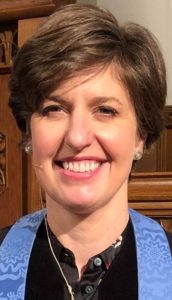The header on no less than twelve shelves in the chain bookstore read: “Self-Transformation.”
Intrigued, I scanned the sub-headers that ranged from witchcraft to manifestation. There was a section on chakras and another on astrology. These shelves were distinct from the “Self-Help” ones in that they seemed more mystical and less material, no diet and exercise regiments or ten-step plans here, only reading the stars, tarot cards or horoscope. It seemed transforming oneself entailed the right thoughts rather than the correct actions.
Both approaches assuming, however, that we have a lot of power over our future.
I understand the appeal of this assumption. When chaos abounds, seeking control offers solace if not security. I don’t want to deny anyone any comfort in these trying times. Nor do I want to imagine I can limit the ways in which God works or the Spirit speaks.
However, what gives me pause is the emphasis on “self” given our Christian call to consider others and remember Jesus came for the redemption of the world. I’m also skeptical that the transformation we envision for ourselves is identical to the new creation God brings through Christ. There is no section in the bookstore labeled, “Self-Denial” except the one that reads, “Bibles.” But even on the Christianity shelves there are plenty of titles that promise us the ability to create a future of our own making, never mind how that worked out for Adam and Eve. Rarely do our human power grabs end well. And yet, trusting God is challenging, especially when we are fearful and anxious.
What if this summer we imagined that God’s plans are not ours and trusted God’s promised future? Even if we don’t know exactly what that future looks like. Victoria White recently wrote an article for Faith and Leadership titled, “What Is the Urgency?” She reminds us:
“It is OK to emerge from this season slowly. Taking time to be together and renew relationships is good and holy work. Reinforcing the church’s relational foundation in order to be able to better serve the surrounding community is vital and slow labor. And rest is part of the equation, not a future reward for reaching a benchmark. Resting in and with one another is part of God’s perfect vision of Sabbath.”
Jesus’ call for us to deny ourselves not only entails taking up the cross and following, it also invites us to set down the burden of being in control and rest. Self-denial is not just a responsibility, it is an incredible gift. Perhaps now, we don’t so much need to be transformed as we need to be comforted. Maybe this summer can be a season of Sabbath and rather than seeking control, we can receive rest for our souls.

